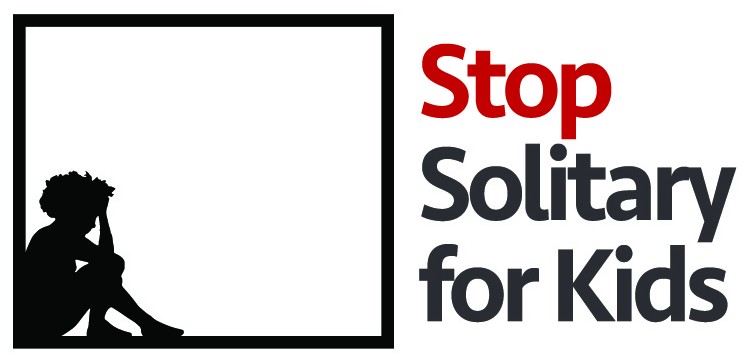Broad Legislation on Prison Reform, April 2018
In April 2018 the Governor signed into law S. 2371, a sweeping criminal justice bill that addresses a host of criminal justice issues, including solitary confinement. Section 10B (page 49) of the bill mandates that anyone “detained by and committed to the department of youth services shall not be placed in involuntary room confinement as a punishment, harassment or consequence for noncompliance or in retaliation for any conduct.” The law also restricts solitary confinement for people who are seriously mentally ill, pregnant, and people with permanent physical disabilities.
Massachusetts DYS Safety Task Force, Feb. 2018
In 2016, DYS and the local union, AFSCME Local 1368, created the DYS Safety Task Force. The Safety Task Force was tasked with “making recommendations for reducing injury to youth in the care and custody of DYS and reducing injury to DYS staff sustained as a result of incidents involving youth on staff assaults and the need by staff to intervene during client on client assaults.” The Safety Task Force included representatives from the Legislature, AFSCME, DYS, and several child serving and oversight agencies. After an extensive review, the Task Force released recommendations for improving safety in DYS secure programs in a report. The recommendations were published in February 2018.
Massachusetts Agency Policy and Practice Sharply Reduce Solitary Confinement
Beginning in 2008-2009, the Massachusetts Department of Youth Services (DYS) made policy and practice changes that significantly reduced the use of room confinement in all their facilities. DYS operates ten secure residential programs and a network of residential care facilities. These changes were originally spurred by a two youth suicides that took place while residents were in their rooms. The agency’s mission is to maximize each child’s time in programming and treatment on any given day, so time spent in room confinement prevented youth from engaging in programming, which became a serious concern . After a major shift in policies and practice, the use of room confinement gradually decreased. By April, 2016, the average time youth spent in isolation in DYS facilities was less than 1.25 hours.
DYS policy prohibits the use of room confinement as a form of discipline. The agency does permit limited periods of isolation when a youth exhibits dangerous and disruptive behavior and less restrictive alternatives to control the behavior have failed. However, staff must obtain authorization from agency administrators to use isolation for periods longer than 15 minutes, and staff must secure approvals from more senior officials outside of the facility as the requested time increases. Staff are trained to use alternative measures – including de-escalation, behavior management, and conflict resolution techniques – and to assist youth who are placed in isolation to develop an “Exit Strategy” to get out of isolation quickly and transition back into regular programming. This policy, coupled with other reforms at the agency, have led DYS to significantly reduce the use of room confinement. For more information:
Massachusetts DYS Policy on Room Confinement
Article describing broad improvements in Massachusetts DYS (2017)
